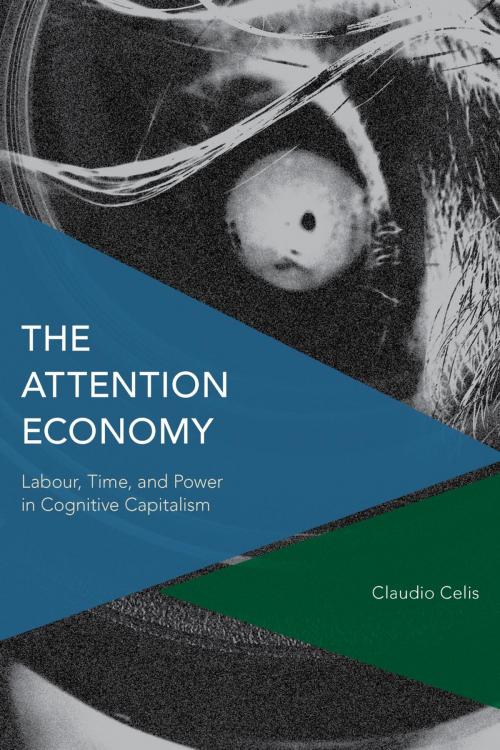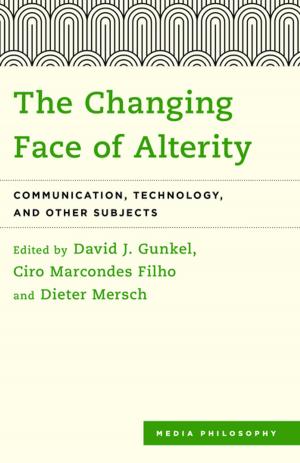The Attention Economy
Labour, Time and Power in Cognitive Capitalism
Nonfiction, Religion & Spirituality, Philosophy, Social & Cultural Studies, Social Science| Author: | Claudio Celis Bueno | ISBN: | 9781783488254 |
| Publisher: | Rowman & Littlefield International | Publication: | November 16, 2016 |
| Imprint: | Rowman & Littlefield International | Language: | English |
| Author: | Claudio Celis Bueno |
| ISBN: | 9781783488254 |
| Publisher: | Rowman & Littlefield International |
| Publication: | November 16, 2016 |
| Imprint: | Rowman & Littlefield International |
| Language: | English |
The attention economy is a notion that explains the growing value of human attention in societies characterised by post-industrial modes of production. In a world in which information and knowledge become central to the valorisation process of capital, human attention becomes a scarce and hence increasingly valuable commodity.
To what degree is the attention economy a specific form of capitalist production? How does the attention economy differ from the industrial mode of production in which Marx developed his critique of capitalism? How can Marx’s theory be used today despite the historical differences that separate industrial from post-industrial capitalism?
The Attention Economy argues that human attention is a new form of labour that can only be understood through a systematic reinterpretation of Marx. It argues that the attention economy belongs to a general shift in capitalism in which subjectivity itself becomes the territory of production and exploitation of value as well as the territory of the reproduction of capitalist power relations.
The attention economy is a notion that explains the growing value of human attention in societies characterised by post-industrial modes of production. In a world in which information and knowledge become central to the valorisation process of capital, human attention becomes a scarce and hence increasingly valuable commodity.
To what degree is the attention economy a specific form of capitalist production? How does the attention economy differ from the industrial mode of production in which Marx developed his critique of capitalism? How can Marx’s theory be used today despite the historical differences that separate industrial from post-industrial capitalism?
The Attention Economy argues that human attention is a new form of labour that can only be understood through a systematic reinterpretation of Marx. It argues that the attention economy belongs to a general shift in capitalism in which subjectivity itself becomes the territory of production and exploitation of value as well as the territory of the reproduction of capitalist power relations.















